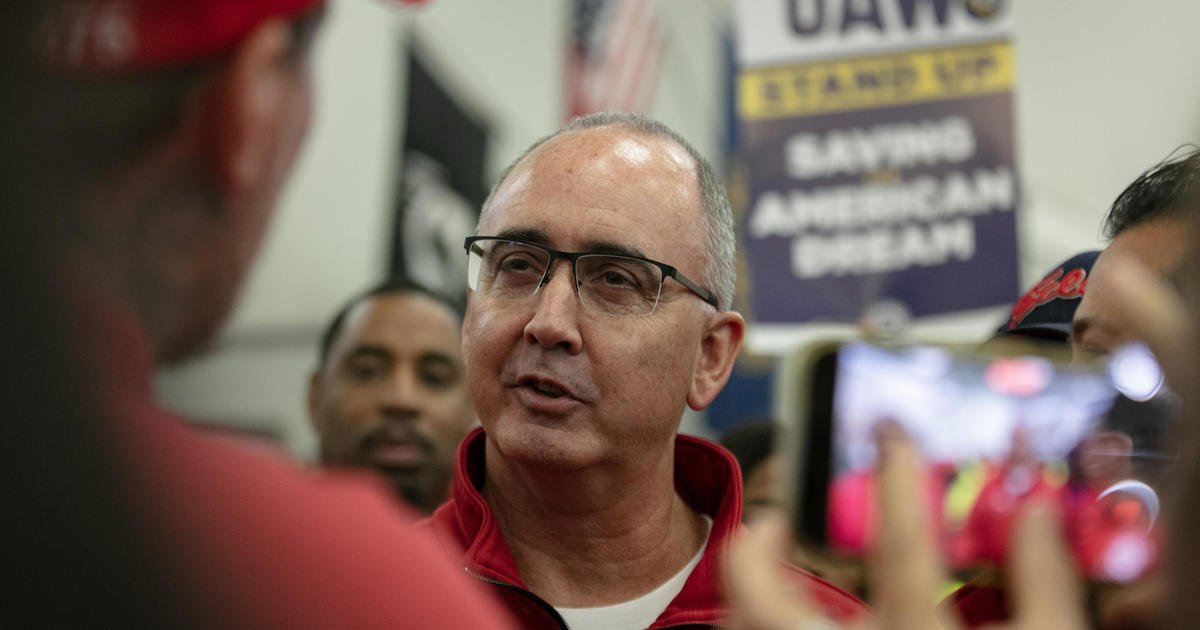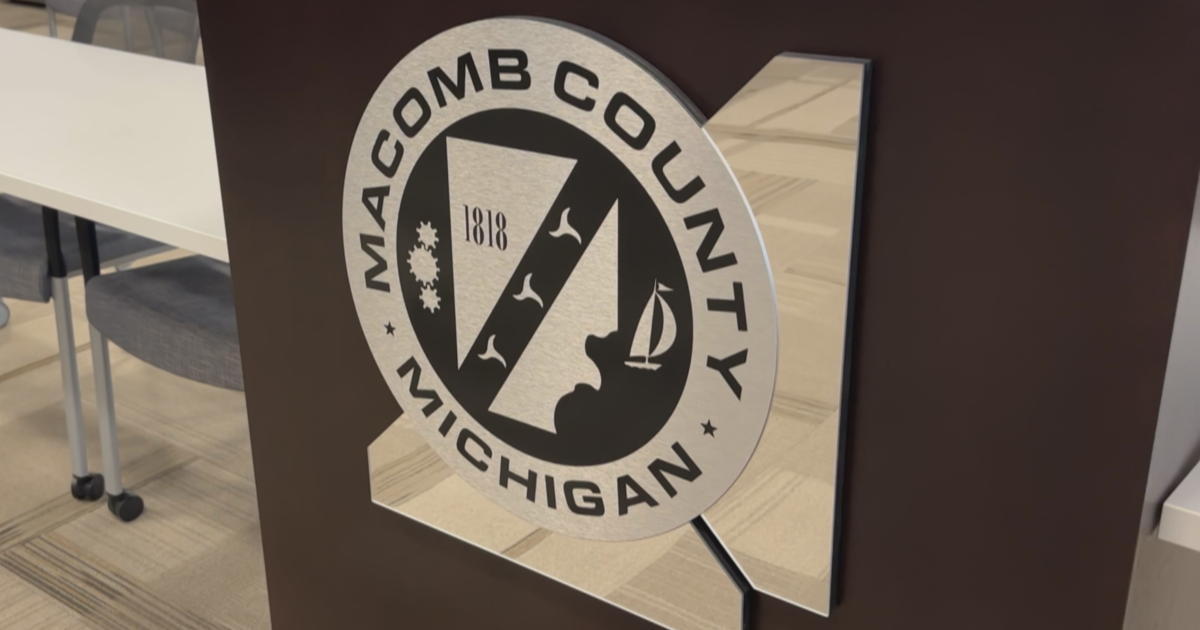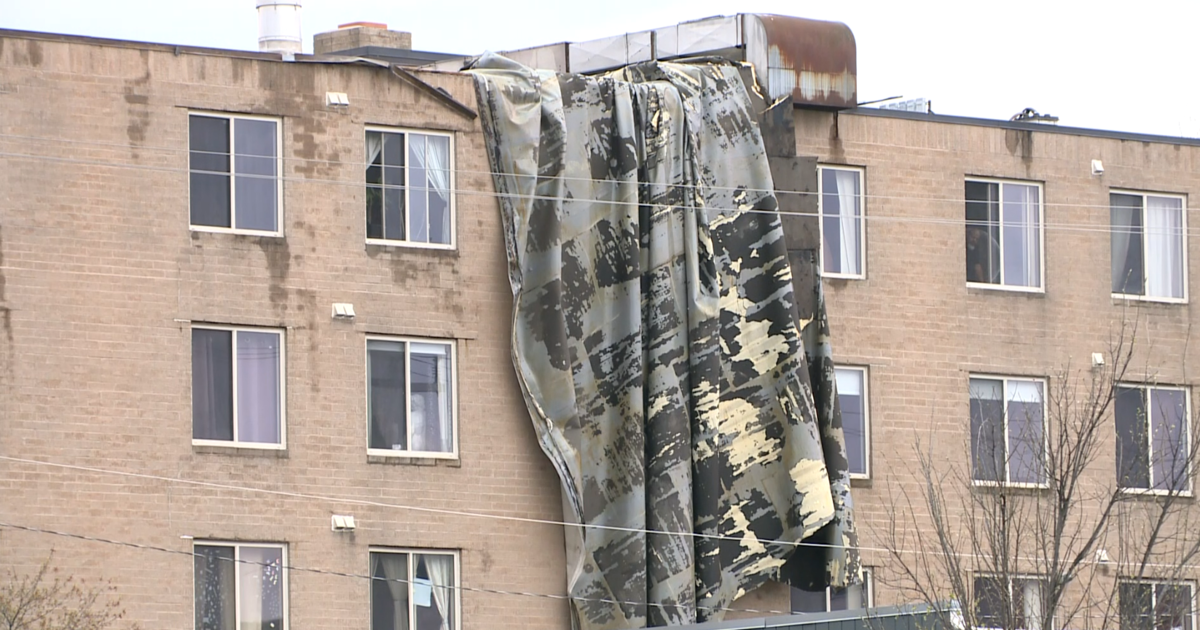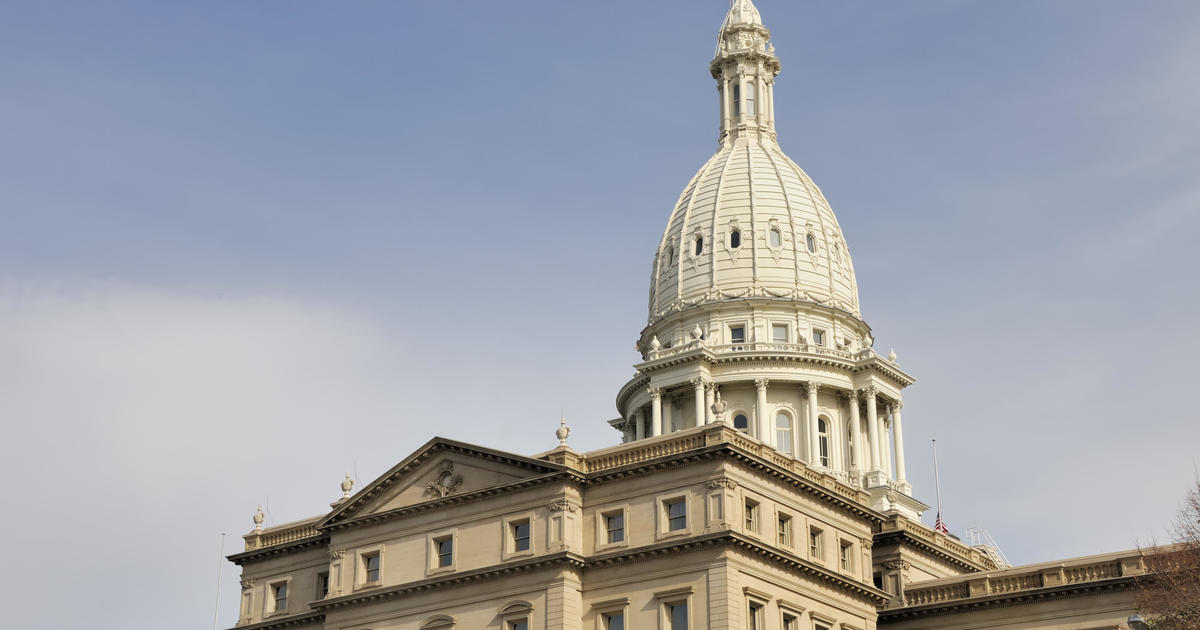Stimulus Check Status: Negotiations Back On As President Trump Eager For Another Round Of Stimulus
(CBS Detroit) -- Where do talks on stimulus checks stand now? Earlier this week, they were inching forward, with Democrats and Republicans mostly agreeing on the need for another round of direct payments to Americans, even as they remained divided over other parts of a broader package. Then, on Tuesday, President Trump blew up negotiations, only to try to piece them back together from the shrapnel shortly after.
State Of Negotiations
Certain parts of a larger package remain in play. There's some confusion as to what exactly those are. Stimulus checks top the list, but also possibly included could be airline aid, and the Paycheck Protection Program, along with extra unemployment benefits and coronavirus testing and contact tracing.
House Speaker Nancy Pelosi remains unwilling to agree to one-off deals addressing specific issues. And Treasury Secretary Steven Mnuchin has since made it clear to Pelosi that a more comprehensive deal is still a possibility. (Senate Republicans probably won't support a big deal, however.) So apparently the door also remains cracked open on a larger package, like the slimmed-down HEROES Act passed last week. Any agreement, large or small, grows increasingly unlikely as the November 3 election approaches.
As of Friday, the White House is now looking to put forth a $1.8 trillion deal for coronavirus stimulus. That price tag would exceed the $1.6 trillion package Republicans had proposed previously and far exceed anything the party's deficit hawks have been willing to abide. But it also falls $400 billion short of what the House passed last week.
Trump also said Friday on The Rush Limbaugh Show, "I would like to see a bigger stimulus package, frankly, than either the Democrats or Republicans are offering."
Either way, President Trump is back to playing cheerleader for a version of a stimulus package he summarily shut down earlier in the week.
Mnuchin spoke with Pelosi Friday afternoon, according to Pelosi's Deputy Chief of Staff, Drew Hammill. Back in play is more state and local funding, which had been a major sticking point in negotiations before Tuesday. Stimulus checks also remain at the top of the list, along with help for ailing airlines. A strategic plan for attacking the virus also remains important.
What About Stimulus Checks?
So where does this curvy road to another possible stimulus package leave us right now?
Leaders from both sides of negotiations want struggling Americans to receive another round of stimulus checks. That much is clear. The individual payment would likely be capped at $1,200 for those whose annual Adjusted Gross Income does not exceed $75,000, and scale down to $0 as annual AGI approaches $99,000. Qualifications may also change, specifically as they apply to dependents, giving consumers a chance at a larger payout.
Also unclear is whether those payments would come as a standalone bill or as part of some larger stimulus package. Also unclear is how fast that money would reach people's pockets. Given the very fluid state of affairs, here are a few reasonable guesses as to possible timelines:
- If the House passes a bill Monday, October 19, and the Senate October 20, the President could sign it into law on October 21. Direct deposits would start being sent the week of November 9 and paper checks the week of November 23.
- If the House passes a bill Monday, November 23, and the Senate November 30, the President could sign it into law on December 1. Direct deposits would start being sent the week of December 14 and paper checks the week of December 21.
- If the House passes a bill Monday, December 7, and the Senate December 8, the President could sign it into law on December 9. Direct deposits would start being sent the week of December 21 and paper checks the week of January 4, 2021.
Democrats and Republicans remain divided on key points. Senate Majority Leader Mitch McConnell said Friday that a new deal is "unlikely in the next three weeks." And with election day just over three weeks away, the runaround over stimulus checks could just be another way of drawing the focus to a story with a potentially positive outcome and one over which the President can exert some amount of control.
The Current Economy
What remains crystal clear, however, is that American households need another major injection of funds to stave off more damage to themselves and the economy as a whole. The U.S. is on the brink of a food bank meal shortage with possibly severe effects on the record-setting 22.3 million American adults without a reliable source of food. U.S. Census data indicates that more than 12% of these households include children.
Federal Reserve Chairman Jerome Powell said earlier this week that "too little support would lead to a weak recovery, creating unnecessary hardship for households and businesses." In his view, direct payments to households, more generous unemployment insurance and help for small businesses have kept the situation from worsening further. But a downward spiral of job losses begetting more job losses through reduced consumer spending is still a very real possibility without further government support.
Consumer spending, which accounts for 70 percent of the economy, increased one percent in August, far below the double-digit increases from earlier in the recovery. Last month, domestic employers added only 661,000 jobs, almost 150,000 below expectations and over 800,000 fewer than in August. Last week, another 840,000 Americans filed for first-time unemployment benefits. And, at present, 25 million Americans are currently receiving some form of unemployment benefit.



